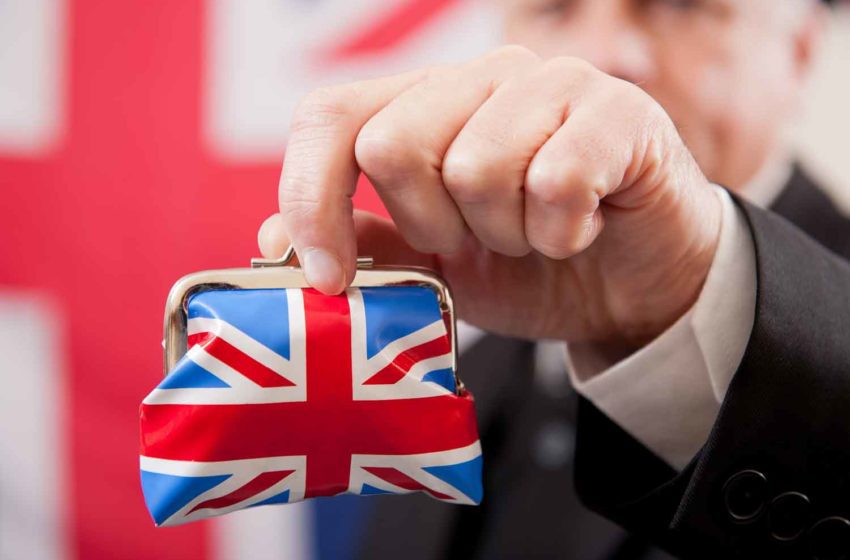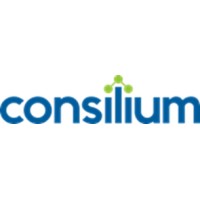British American Tobacco has launched its latest sustainability summary report, “Value shared: A tobacco company for the 21st century.”
The report is said to focus on harm reduction, sustainable agriculture and corporate behavior, and on how BAT’s work in these areas is helping to build value for both the business and its wider stakeholders.
“It’s about creating shared value and making sure that what we do as a business doesn’t just benefit our shareholders, but can also have a much wider, positive impact for society,” said Chief Executive Nicandro Durante.
One of the key topics covered in the report looks at how the company is developing tobacco and nicotine products that offer a less risky alternative to conventional cigarettes.
This was described in a note posted on the company’s website as an area of future growth for the business that could have a major, positive impact on public health.
The note said that BAT had launched its first e-cigarette, Vype, in the U.K. in 2013, and it added that further products under development included a new nicotine inhalation device and heat-not-burn products.
“Of course, emphasising harm reduction is the responsible thing to do, but if it helps to meet genuine consumer demand, it also makes commercial sense, said Durante. “It’s what any sustainable business would do.”
The press note made the point that tobacco growing was one of the most significant parts of BAT’s supply chain, so sustainable agriculture was also an important focus for the business. By working directly with more than 100,000 farmers on sustainable farming practices, the company could protect the long-term security of its leaf supply while helping to improve the social and environmental impact tobacco growing could have. During the past six years, the BAT group is said to have planted more than 170 million trees and invested more than £25 million in community projects focused on sustainable agriculture.
The report is said to detail BAT’s views on regulation, its commitment to transparency, its work with global partners and the investment of more than £50 million during 2013 in the fight against tobacco trafficking.
It includes also details of the group’s “responsible marketing practices and youth smoking prevention activities.”
And it indicates how the group has made “significant progress” in reducing its environmental impact by achieving a 45 percent reduction in carbon dioxide equivalent emissions from its year-2000 baseline.
“We won’t stop making sure we get the basics right, like being transparent and acting with integrity wherever we operate,” said Durante. “I believe we’re making real progress in delivering on our commitments to society.”











